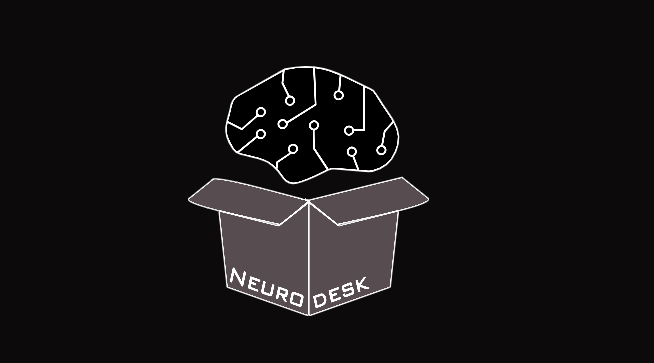Aussie-led international team develop groundbreaking new platform to fast-track lifesaving brain research

The Neurodesk platform will enable scientists to accelerate research on conditions by enabling faster processing and analysis of neuroimaging data.
In summary
- An international team led by Australian researchers has developed a groundbreaking platform that will transform neuroimaging data analysis worldwide.
- Neurodesk will enable scientists to accelerate research on conditions by enabling faster processing and analysis of neuroimaging data.
- Brain research requires the analysis of massively detailed data sets generated by increasingly powerful techniques.
An international team led by Australian researchers has developed a groundbreaking platform that will transform neuroimaging data analysis worldwide. The Neurodesk platform will enable scientists to accelerate research on conditions such as epilepsy, dementia, schizophrenia and traumatic brain injury by enabling faster processing and analysis of neuroimaging data.
Brain research requires the analysis of massively detailed data sets generated by increasingly powerful techniques to measure brain structure and function such as MRI, MEG and EEG.
Led by Swinburne University of Technology, University of Queensland, and University of Sydney, Neurodesk addresses the analysis challenges presented by these data sets through an open source platform that can be installed and operated anywhere.
“Our platform makes a continuously expanding range of cutting-edge analytic techniques and software accessible to researchers across the world,” says Swinburne project lead and Director of Neuroimaging Professor Tom Johnstone.
“It allows researchers to leverage the most powerful supercomputers and cloud platforms on an individual researcher’s laptop, and is easy to install and update.”
Creating Neurodesk required an international team with expertise across signal and image processing, medical physics, software engineering, AI and machine learning. The open source Neurodesk platform is designed to support transparent and reproducible research, so that scientists can share and cross-validate their analyses and accelerate research in critical areas.
Neurodesk is supported by the Australian Research Data Commons (ARDC), the Australian National Imaging Facility and the Australian Brain Alliance with international partners including Harvard, MIT, and University College London.
With extra funding, the team is looking to broaden its scope to other neuroimaging methods and applications that will fast track the process of diagnosis and treatment for brain related illnesses.
-
Media Enquiries
Related articles
-

- Technology
- Science
- Engineering
Victorian students drive green energy transition through international hydrogen competition
Swinburne’s KIOSC, in collaboration with Horizon Educational and Gippsland Tech School, co-hosted the Hydrogen Grand Prix in Melbourne.Friday 26 July 2024 -

- Technology
- Health
New MedTechVic prototypes to transform everyday lives of people with a disability
Swinburne’s MedTechVic has revealed three new prototypes designed through the joint Health-led Manufacturing Innovation Program, in partnership with the Australian Medtech Manufacturing Centre and Safer Care Victoria
Friday 19 July 2024 -

- Science
Skin, scales and fish tails: using collagen to turn fish guts into gold
New research from Swinburne could transform the sector by converting high value collagen proteins from seafood by-products into cosmetics, food, and pharmaceuticals.
Tuesday 02 July 2024 -

- Science
- Engineering
Submarines in the future could self-identify cracks and self-heal thanks to Swinburne researcher
Thanks to the work of Dr Nisa Salim from Swinburne University of Technology’s School of Engineering, future submarines could self-identify microcracks and self-heal using a new kind of carbon fibre reinforced polymer composites.
Monday 17 June 2024 -

- Science
Inaugural Swinburne-CSIRO Indigenous Research Fellow joins national water quality forecasting project
Swinburne University of Technology has appointed spatial ecologist Associate Professor Sally Waller as its inaugural Swinburne-CSIRO Indigenous Research Fellow...
Thursday 13 June 2024

